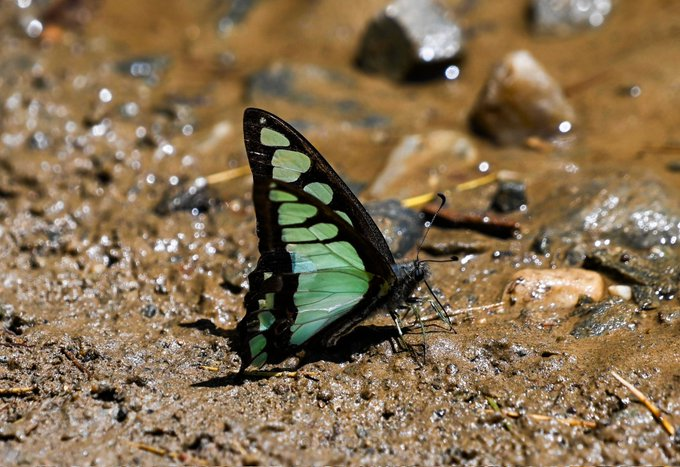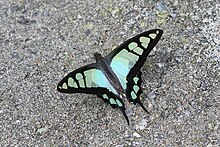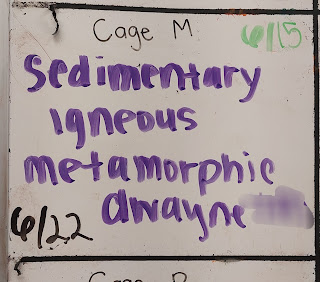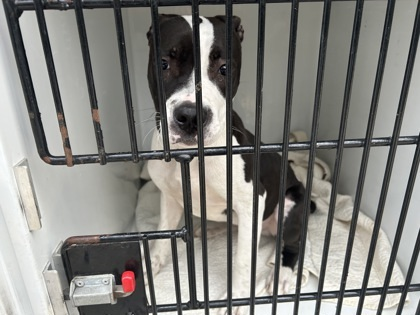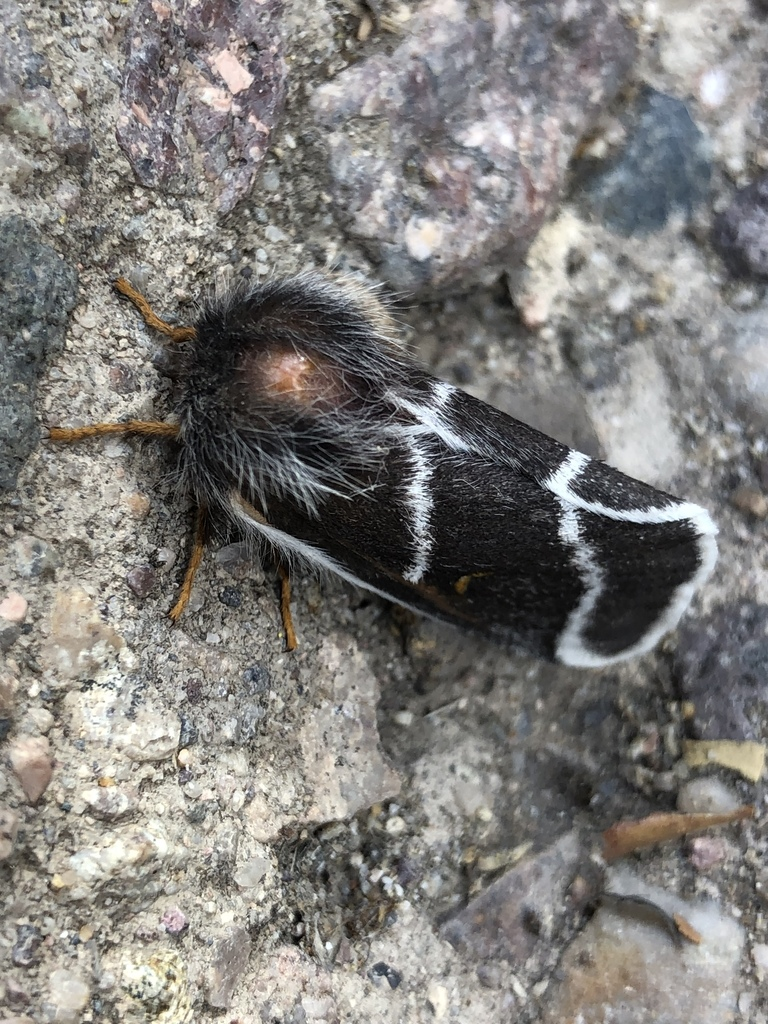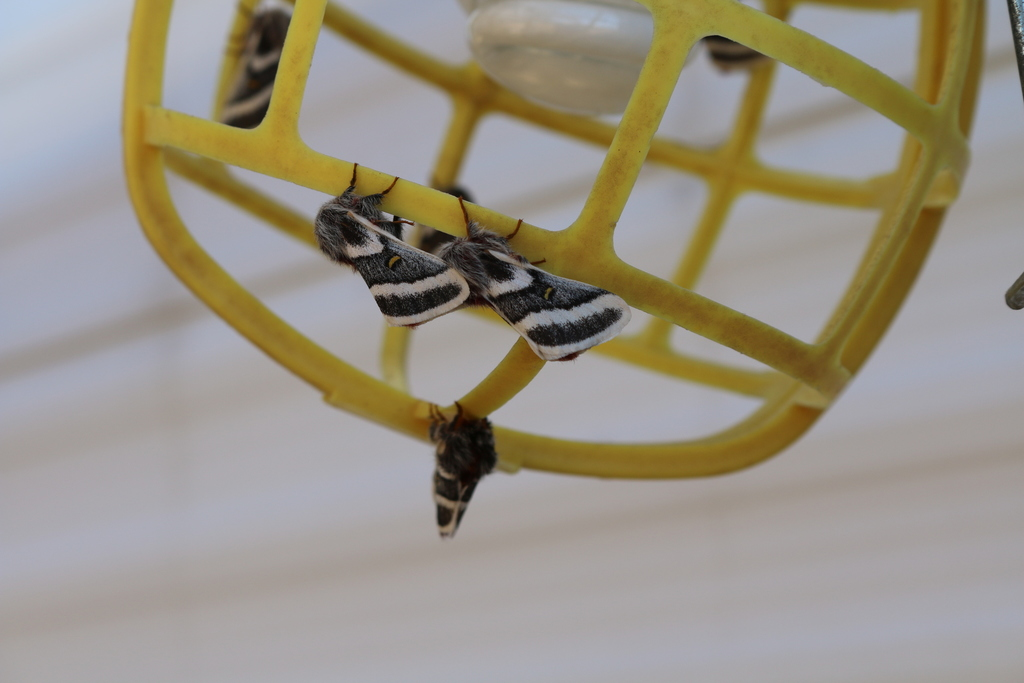Title: Woodcraft
Author:
William Gilmore Simms
Date: 1852
(reprinted 1983)
Publisher:
New College & University Press
ISBN:
0-8084-0423-7
Length: 537
pages
Illustration:
frontispiece drawing signed “Richard Bough”
Quote: “One
hundred guineas...Porgy had not, himself, seen such an amount of cash, in one
heap, during the last seven years!”
This once
popular novel has had three titles, none very satisfactory. The Sword and the Distaff, the 1852
title, may have come closest; it was understood to mean “male and female,” and
the story features both kinds of characters, mostly male. Hawks About the Dovecote might be said to reflect Porgy’s view of
his struggle to keep his property, but there’s nothing dovelike about him. Woodcraft suggests skills that Porgy, as
a fictional member of Marion’s troop in the Revolutionary War, might have
demonstrated in the years before this novel, but the novel is mostly about his
life on a well cleared plantation. Fair
Fat and Forty may have been the best title this not-quite-romance had; that
does at least describe the heroine, although she gets little ink in the story.
No
publisher would touch Woodcraft if it
were a new novel. Woodcraft is more
readable than some novels of its vintage, but its interest today is mostly
historic. It does, however, hold some interest as a male perspective on
contemporary women’s issues.
While
fighting in the Revolutionary War, Captain Porgy failed to pay what he owed to
his money-grubbing neighbor McKewn. By the time he comes home from the war,
McKewn has quietly seized most of Porgy’s slaves. Porgy is not much of a
farmer. If his farm can be saved, it will be by the slaves, of whose heroics we
hear little.
The novel
begins in 1782, with the Widow Eveleigh (we’re never told either of the main
characters’ given names) reclaiming legal rights to her slaves and Porgy’s from
McKewn. The idea that women need male guardians to protect their financial
interests, later to become law, is expounded at length by the foolish Sergeant
Millhouse. Eveleigh is Simms’ example of a woman who needs no such thing. She
has a son, on whom antifeminists of the day would have argued that she ought to
be kept dependent. She is much, much more competent than he. However, when
Porgy comes home, he and his former aides in military service, Millhouse and
Frampton, are able to come to the rescue as McKewn and his hired goons try to
recover the slaves from Eveleigh and her son, by strength of numbers.
In real
life, would the slaves have had anything to say about being stolen by McKewn
and company, or would they have been chained hand and foot? Chains are not
mentioned but the slaves seem unable to move independently. Simms seems to
imagine them as all being so thoroughly habituated to slavery that they don’t
need to be chained, but will follow whatever sort of person is leading them.
In any
case, after Eveleigh has recovered the legal title to the slaves, Porgy rescues
them from being stolen by force. Porgy has brought almost nothing back from the
war; Eveleigh restocks his plantation with provisions. She also buys his slaves
and rents them back to him on favorable terms. Her heart, cackles Millhouse, is
aching; even Tom the house slave agrees that she’s making sheep’s eyes at
Porgy. There is general agreement that Porgy’s excessive height and rum-barrel
figure are considered repulsive, but Eveleigh, who is big enough that she and
McKewn agree she could beat McKewn in a fair fight, may be willing to forgive
him for shortcomings she apparently shares.
More to the
point, Porgy can’t bear the idea of marrying a woman to whom he is financially
obligated. The mere fact that marrying Eveleigh would secure his property
against McKewn’s claims, or perhaps the fact that Millhouse keeps nagging him
about it, puts him off her. His neighbors include another widow, the mother of
Frampton’s fiancée. The Widow Griffin is a mousy little thing who has none of
Eveleigh’s wit and experience. That, in itself, appeals to Porgy. He is
intelligent enough not to share Millhouse’s view that women can’t be competent to provide for
themselves, but testosterone-damaged enough to prefer the kind who are. He is
attracted to both women, but determined to rebuild his family’s estate by
himself, without the help of either, before he proposes to either one. Mrs.
Griffin doesn’t get a speaking part but does, toward the end, get kissed.
For readers
on the “sword side” of the house, Woodcraft
is a fantastic story of a period in American history where an anarchical
type could feed legal documents to the deputy sheriff and defy his creditors.
Porgy does that, and he’s mildly funny about it—though nowhere near as funny as
the fictional characters Charles Watson, introducing Woodcraft in 1983, compared him to, Shakespeare’s Falstaff,
Sterne’s Toby, or Stowe’s St Clare. His success, without having to acknowledge
Eveleigh’s help so far as marrying her, owes more to time and Simms’ estimate
of readers’ patience than to plausibility as a strategy, even in 1782.
For readers
on the “distaff side,” Woodcraft is
an apology for a particularly idiotic piece of contemporary law. By 1852 women
did, in fact, have to share their property with male “guardians,” and Woodcraft is a long way of saying “Yes,
we men must admit that some women are
competent, but we don’t liiike it
when they are.” That Eveleigh’s heroics inspire scant gratitude in Porgy,
Millhouse, Frampton, Tom, or even young Arthur Eveleigh, was instructive to Victorian ladies. Rather than being lauded as a
real patriot who’s willing to repay her debt to veterans, Eveleigh is taunted
about taking an inappropriate personal interest in Porgy.
The
slaves...well, if Porgy doesn’t like a prospective wife who can really stand
beside him as a friend and partner, you know
he wouldn’t tolerate that sort of slave,
now would he? Porgy tells Tom to his face that he’ll kill Tom rather than
surrender Tom to McKewn; there’s no serious consideration that Tom might want
to be free, as in fact, when asked, he knows enough to tell Porgy he doesn’t.
There were,
in historical fact, many slaves like Tom. Born in North America, they knew they
had no homes in Africa. They were told that they had no chance of making homes
for themselves in America, either, except as slaves. In fact free Black people
did own homes and earn living in some States, in Canada, or in the western
territories, but slaves were not usually told about them. What the slaves saw
every day were their own neighborhoods, where the rich White slaveholders held
one another’s “property rights” supreme and the poor White class loathed their
enslaved competitors. Many of them had little hope, and in fact not much
chance, of eating as regularly if free as they did while enslaved. The Uncle
Pokealong legend explains some of the slaves who, in 1852, were saying they
didn’t want to be free, but in 1872 plenty of slaves who really didn’t see much
hope in freedom were still working for token wages on the old plantations.
Porgy is,
Simms admits, not much good for anything but combat. He threatens to work on
his own farm; we never see him doing it. He dreams of making his farm
profitable; we never see him doing that either. (In fact, Watson informs
readers, Simms wrote five other novels in which Porgy appeared as a minor
character, and those novels supported Simms’ assessment of his antihero.
Porgy’s father knew how to make something of a plantation. Porgy lacks his
father’s fortitude of character. He’s big and strong enough to intimidate any
man he chooses to fight, even at forty-five, but not strong enough to get out
and work a field. He defeats McKewn, not by any positive virtue, but by McKewn’s
being too mean to live.
Nevertheless,
Simms seems to say, slavery-ridden South Carolina was America! People rose or fell by merit or the lack of it! For Porgy
and Eveleigh and the other adults there’s little hope; the older generation is
represented solely by one old slave; but the teenagers, as represented by the
son of the richest family and the “beautiful, innocent” daughter of the
trashiest family Porgy knows, will have better lives than any of their parents
had, because they deserve them. Simms was romanticist enough to believe in
human progress.
